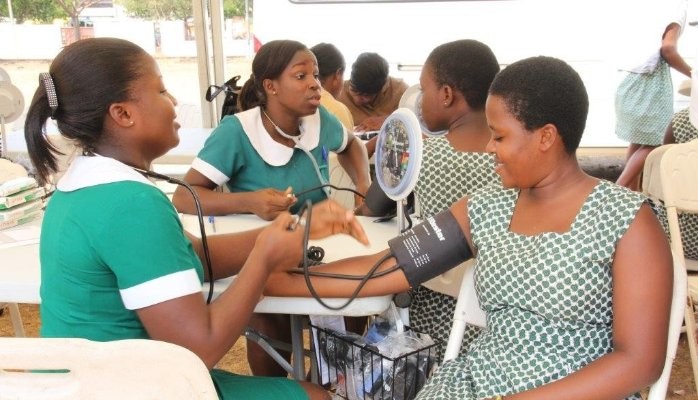The Western Regional Health Director, Dr. Yaw Ofori Yeboah, has disclosed that the recent cholera outbreak in the Sekondi-Takoradi Metropolis has overwhelmed healthcare facilities in the area.
“Within a month, over 800 cases of cholera have been recorded, with more than 200 patients currently receiving treatment in various hospitals,” Dr. Yeboah revealed.
He noted that this alarming surge in cases has placed immense pressure on the healthcare system, stretching resources and personnel to their limits.
Dr. Yeboah added, “Tragically, 10 lives have been lost in the past week due to the outbreak.” He urged residents to report symptoms of cholera—such as severe diarrhea and dehydration—immediately to healthcare facilities. “Early treatment is critical to saving lives,” he emphasized.
Free Treatment Available
The health director reassured residents that treatment for cholera is free in both government and private hospitals. “The government has supplied the necessary medications to healthcare facilities to ensure all patients receive timely care without financial barriers,” Dr. Yeboah stated.
Vaccination Campaign Announced
Dr. Gifty Amugi, Deputy Director of Public Health, announced that the Ghana Health Service (GHS) and the cholera response team will conduct a mass vaccination campaign from Sunday, December 15, to Thursday, December 19.
“This initiative will target districts severely affected by the outbreak, including Sekondi-Takoradi Metropolis, Effia-Kwesimintsim Municipality, Shama District, and Ahanta West District,” Dr. Amugi explained.
She further stressed, “Vaccination, combined with improved hygiene practices, is key to controlling the spread of cholera.” Dr. Amugi encouraged all eligible residents in these districts to participate in the vaccination exercise.
Public Health Advice
Authorities continue to educate the public on preventive measures to combat the outbreak. Residents are advised to:
1. “Wash hands regularly with soap under running water, especially before eating and after using the toilet.”
2. “Drink clean and treated water to avoid contamination.”
3. “Consume well-cooked food and avoid eating from unhygienic sources.”
4. “Properly dispose of waste and maintain clean surroundings.”
The outbreak has highlighted critical gaps in sanitation infrastructure across the region. Dr. Yeboah reiterated, “There is an urgent need for long-term investments in clean water supply, waste management, and public health systems to prevent similar outbreaks in the future.”
As the health crisis unfolds, Dr. Yeboah and Dr. Amugi appealed to local authorities, non-governmental organizations, and the general public to collaborate in addressing the immediate outbreak and preventing future occurrences.
Dr. Yeboah encouraged, “Residents should remain vigilant, practice good hygiene, and adhere to all health directives.”
This cholera outbreak serves as a wake-up call for collective efforts to improve sanitation and public health across the Western Region.
Story by Nana Fynn@W/R.
